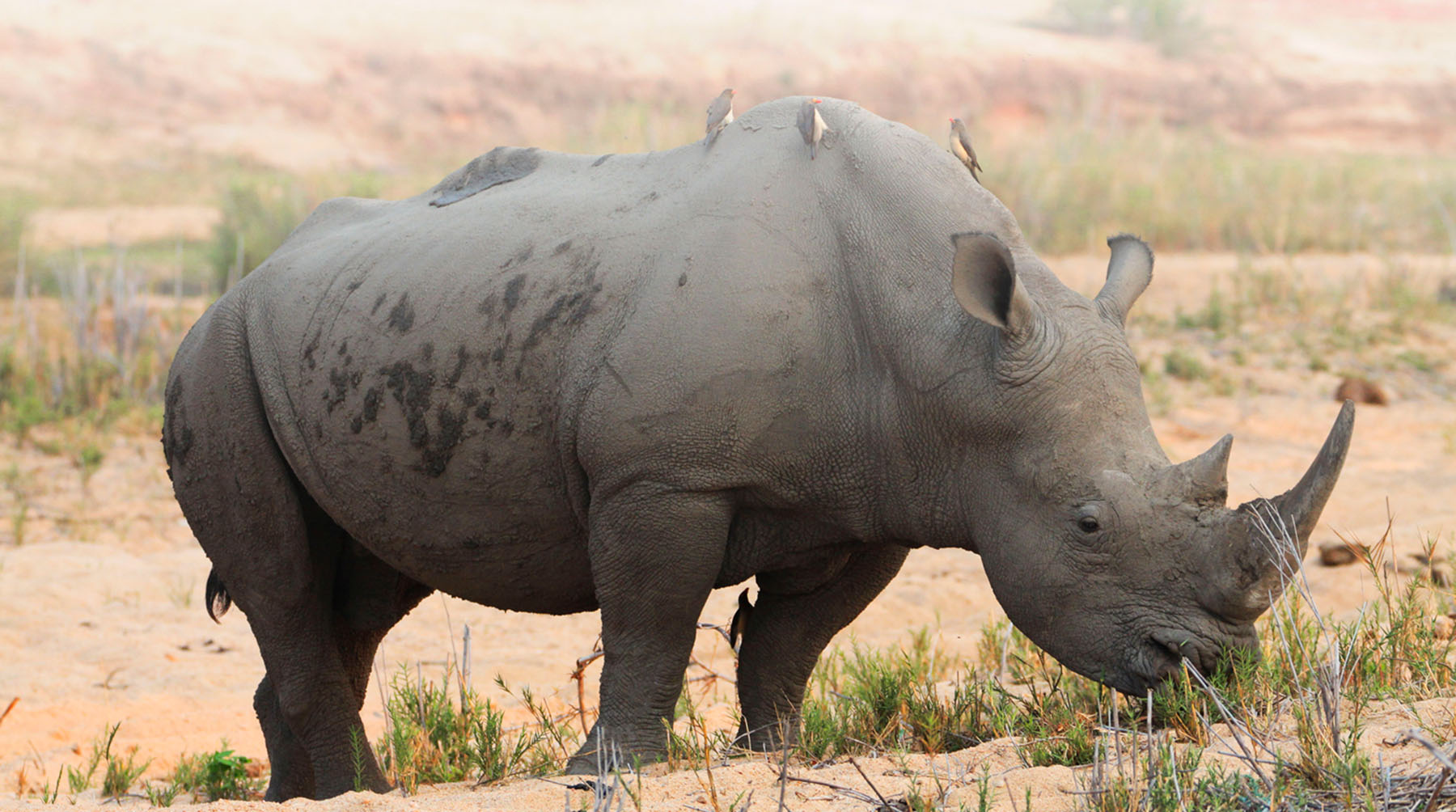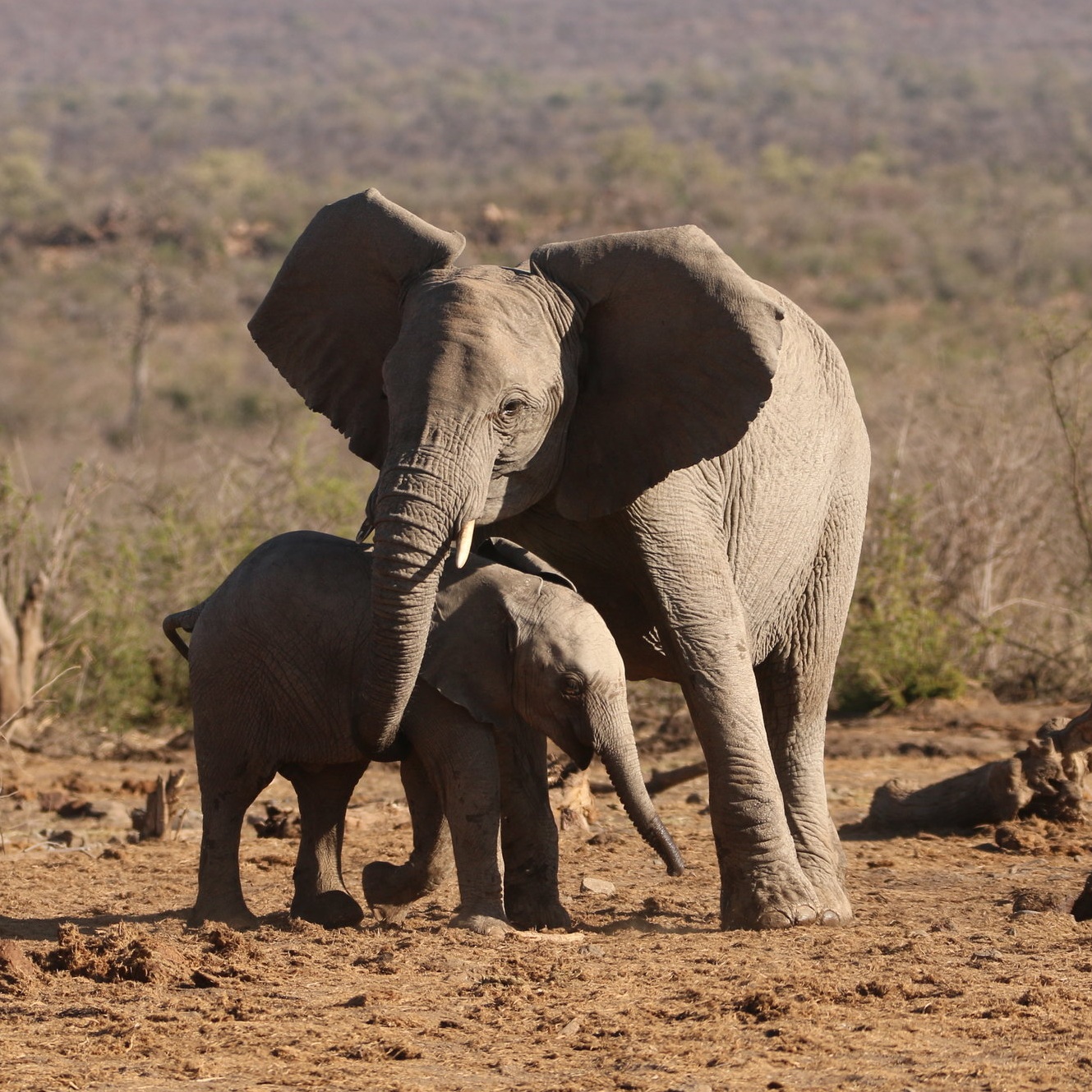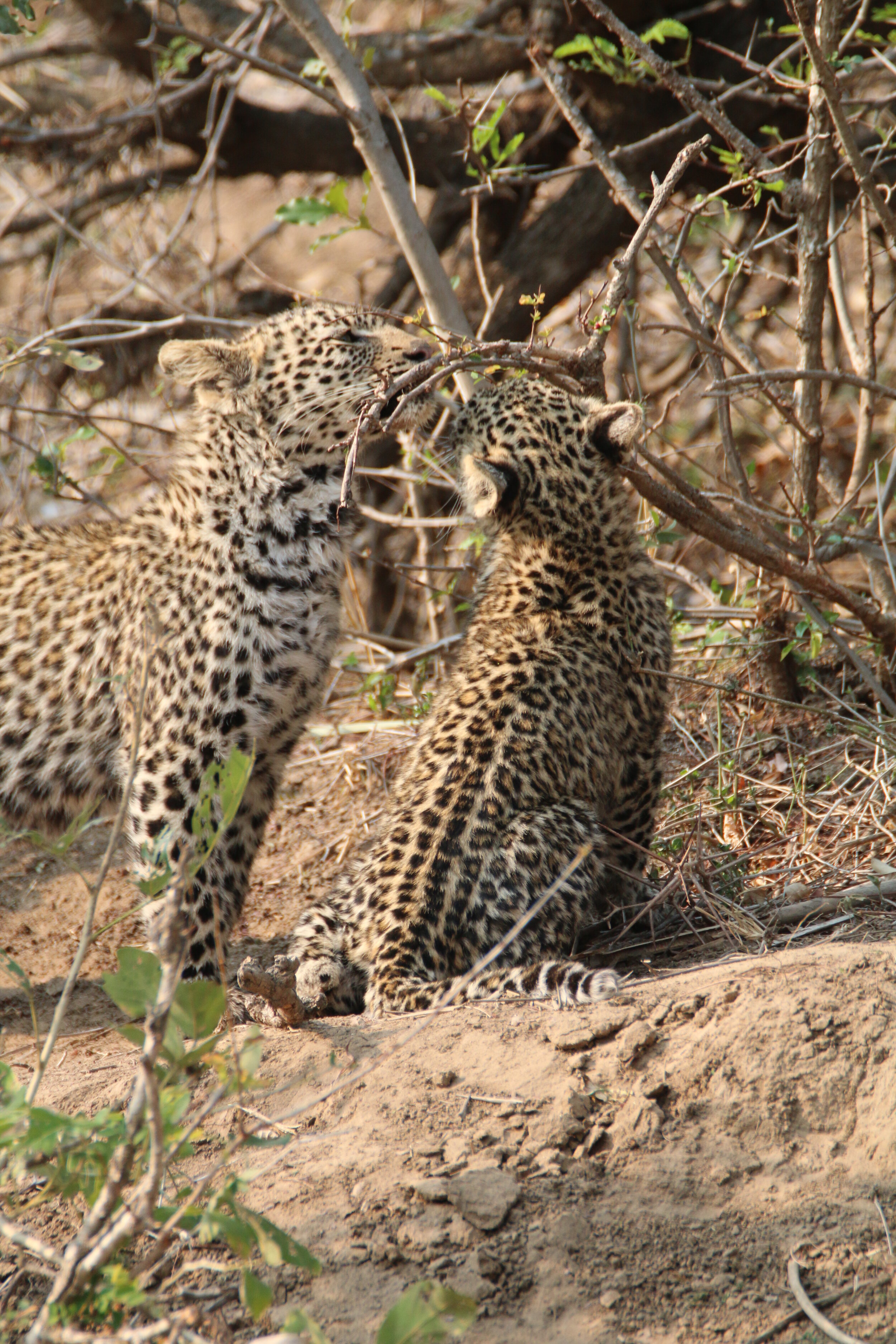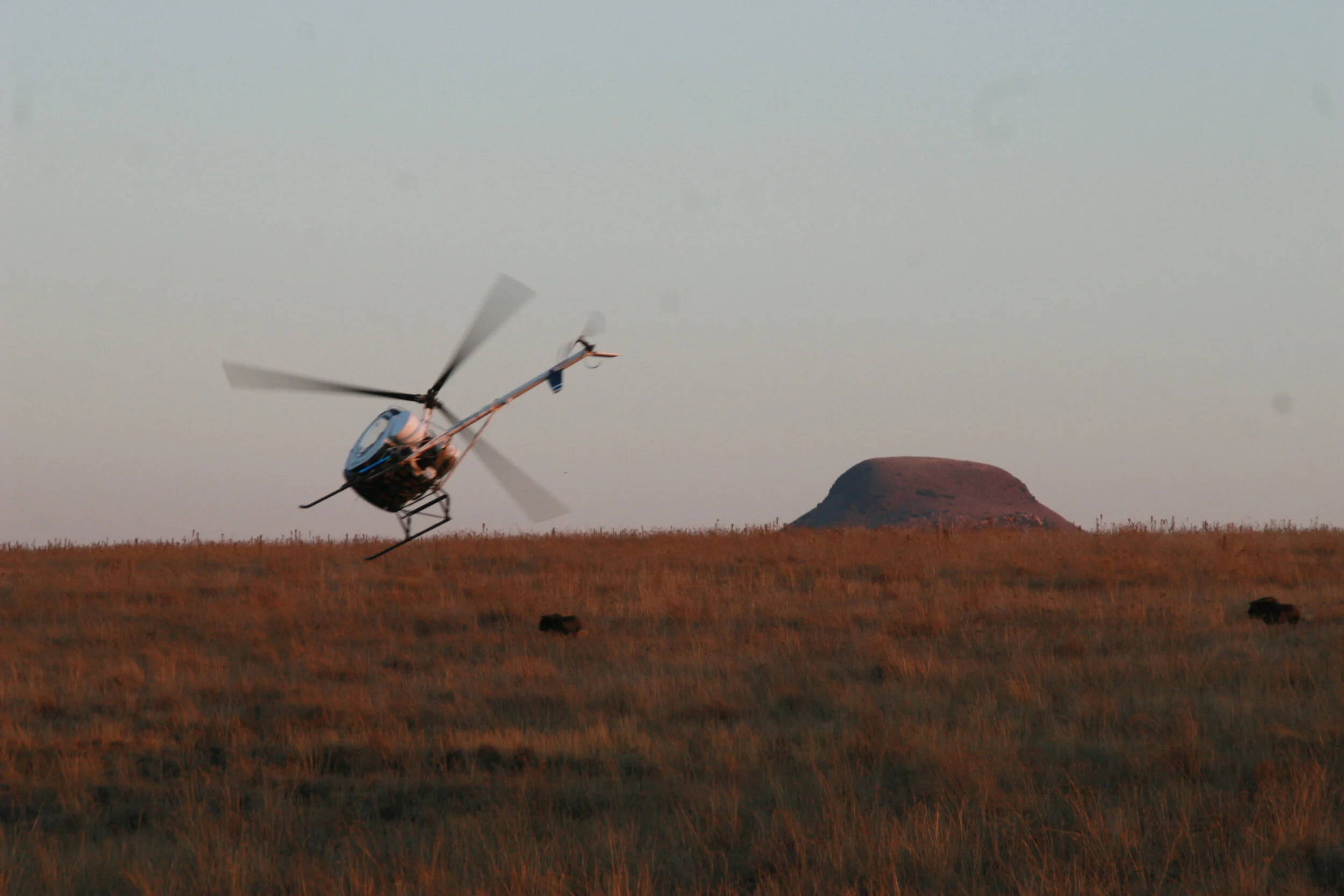

We Envision a World in Which Wildlife Thrives in Their Natural Habitats While Coexisting Alongside Rural Communities
If we act now, we can still save our iconic wildlife. Species such as the rhinoceros, elephant, cheetah, leopard, and tiger are teetering on the brink of extinction as a result of the illegal wildlife trade. Conservation Beyond Borders promotes informed decision-making, by designing feasible conservation strategies that reduce human-wildlife conflict, protect endangered species, and preserve traditional lifestyles across geographic borders, emerging market sectors, and political boundaries. We provide science-driven tools that integrate human behavior, scientific research, socio-economics, and technology with the protection of wildlife and promotion of biodiversity. We do this in collaboration with local stakeholders and policy-makers to help ensure the ecological, social, and financial sustainability of the world’s most endangered species.
Wildlife researchers are often tasked with the need to provide park managers and government with conservation-based strategies, while also faced with scarce data and limited resources.
Associated uncertainty evolves from unforeseen risks to animals and ecosystems due to things such as the ripple effect and the inability to correctly quantify conservation effectiveness. With diminishing wildlife populations and an increased number of species being categorized as endangered, researchers and government are working against the clock to find conservation-based strategies and tactics to actively preserve the remaining species and habitats. Human-Wildlife Conflict is one of the most pressing challenges of the 21st century.
Conservation Beyond Borders constructs and operationalizes advanced methods to assist stakeholders in improving the management and decrease the poaching of endangered species. CBB is an international 501(c)3 non-for-profit working to save the world`s most iconic and endangered species across Africa and Asia. CBB is a lean and agile organization with limited overhead so the majority of all donations goes directly to field programs.
We promote a scientific approach to wildlife management by providing a procedural framework that can be applied to similar conservation challenges around the world.
A Species Centered Approach
In order to maximize our impact, we take a species-cecntered approach. By working with iconic species, we more successfully engage managers in implementing our recommended guidelines—which help all species. By working with umbrella species such as the majestic rhino, we help conserve large areas of habitat. And by working with the world’s most trafficked mammal, the pangolin, we raise awareness on trafficking of all species, bringing more international stakeholders to the table to shape the future of conservation.
Elephant
Leopard
Rhinoceros
Lion
Wildebeast
Tiger
Giraffe
The Value of Participatory-Based Models
Conservation beyond Borders achieves maximum impact by working together with local communities and partner organizations. Wildlife is too often managed with limited resources and scarce data, and so by accounting for all stakeholders’ objectives within the context of wildlife and habitat requirements, we can construct robust-science based management guidelines. These models empower decision-makers with achievable strategies that quantify realistic trade offs while at the same time propose wildlife recommendation guidelines grounded in multifaceted, real-life variables that allow land owners, community members, and governance personnel to implement social, economic, and environmental incentives and increase their biodiversity stewardship. By factoring in all stakeholders’ objectives, we gain their support and willingness to participate in conservation-based behaviors.
Our Work
Conservation Beyond Borders weighs stakeholders’ objectives with biodiversity needs. Our working framework integrates biological requirements, local capacity-building, human-wildlife issues, market-based trade-offs, environmental economics, and best wildlife management practices, with global conservation implications.
The Team
Conservation Beyond Borders’s global team of fellows, partners, and funders includes many of the most dedicated, impactful individuals and organizations working in wildlife conservation today.
Join the Fight!
Your support goes directly to improving wildlife conservation efforts around the world. Find out how you can get involved.












